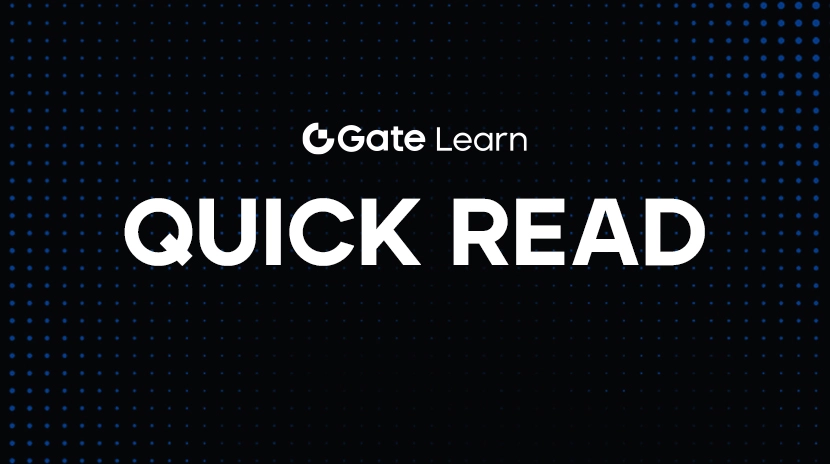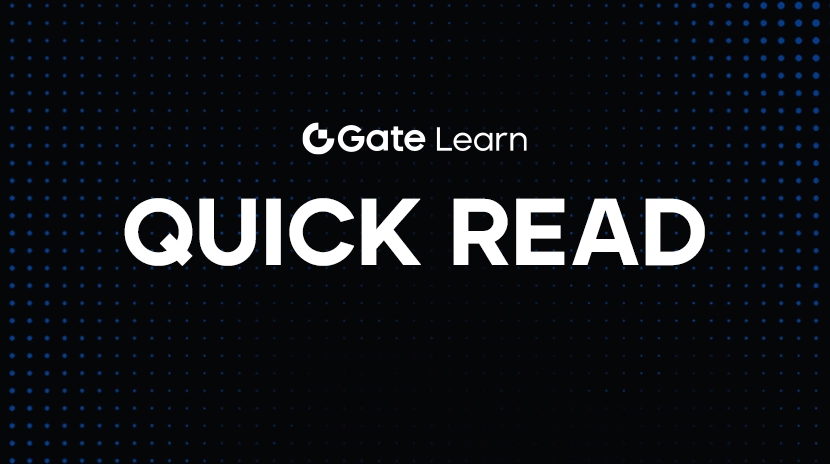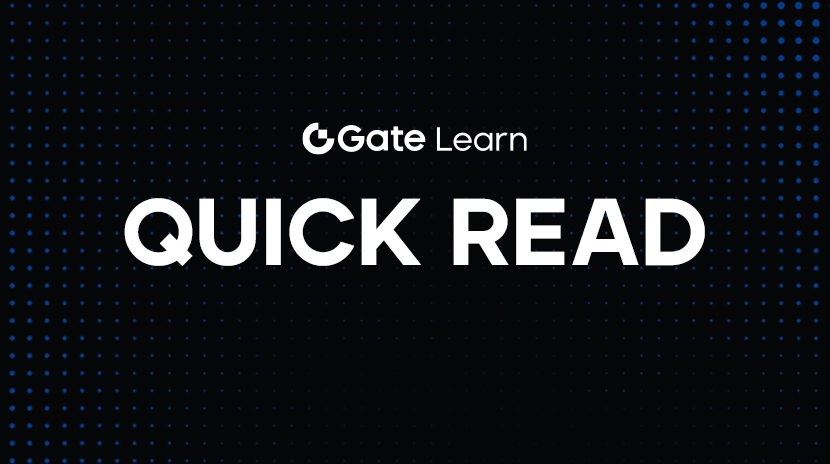Kohaku Unveiled: Ethereum’s Privacy Architecture Enters a New Core Phase
Ethereum Launches Major Privacy Upgrade
At the latest Devcon, Ethereum co-founder Vitalik Buterin introduced Kohaku, a new privacy toolkit that signals a critical advancement in the Ethereum ecosystem’s privacy capabilities. This initiative, collaboratively led by the Ethereum Foundation and core development teams, delivers an open-source, modular, and scalable privacy infrastructure. The goal is to enable Ethereum to provide a next-generation Layer 1 experience that effectively balances transparency with personal data protection.
Vitalik highlighted that while Ethereum has achieved significant milestones in scalability and security, privacy remains the most pressing challenge. He described the current stage as the “final mile,” calling for concentrated resources to build privacy infrastructure suitable for mainstream adoption.
Kohaku: Open-Source, Modular Privacy Toolkit

(Source: kohaku)
At its core, Kohaku provides an open-source modular framework that enables developers to build privacy-centric wallets and applications without relying on centralized intermediaries. Planned future enhancements include:
- Mixnet integration: anonymizing packet routing at the network level
- ZK verification browser components: enabling privacy protection at the frontend
- End-to-end private transactions: supporting auditable yet private fund transfers
The Kohaku development team has added several toolkits to the GitHub repository, including:
- Railgun
- Privacy Pools Protocol
Privacy Pools stands out by leveraging association set technology, allowing users to prove the legitimacy of private funds while maintaining anonymity. This approach prevents malicious exploitation of on-chain privacy tools, ensuring compliance and integrity.
Implementation Showcase: Privacy Wallet Concept Goes Live
On November 16, the development team publicly showcased the Kohaku privacy wallet for the first time. During the event, users utilized Railgun’s integrated workflow to successfully convert publicly traceable assets into private funds while retaining proof of legitimacy. Kohaku’s ultimate vision is for mainstream wallets—such as MetaMask, Rainbow, and Rabby—to offer privacy modes for transactions by default, making privacy a standard feature similar to HTTPS security.
Vitalik remarked, “Privacy is freedom. It empowers people to act freely without fear of constant scrutiny from either decentralized or centralized authorities.”
Privacy-Driven Foundation Research Roadmap
To support Kohaku and future privacy innovations, the Ethereum Foundation has rolled out several key organizational upgrades.
Privacy Cluster
This group includes 47 engineers, researchers, and cryptography experts who focus on:
- Layer 1 privacy standards
- Zero-knowledge consensus mechanisms
- Confidential transaction and messaging protocols
- Security auditing and privacy tool verification
Their mission is to establish privacy as a core attribute of Ethereum, not just an add-on.
Privacy & Scaling Explorations → Privacy Stewards of Ethereum
In September, the team formally adopted a new name, signaling a shift from pure technical exploration to real-world implementation. Their focus now includes:
- Private voting systems
- Confidential DeFi solutions
- Privacy-focused governance tools
This evolution reflects Ethereum’s new philosophy: Transparency doesn’t mean exposing everything—it means empowering users with true choice.
To learn more about Web3, register at: https://www.gate.com/
Conclusion
Kohaku’s introduction represents more than a technical upgrade; it marks a fundamental shift in Ethereum’s approach to privacy. Through modular design, advanced zero-knowledge technology, and strategic foundation research, Ethereum is redefining the Web3 user experience. The shift moves from unchecked transparency to controlled, user-centric transparency. With privacy as the default, Ethereum will evolve beyond a public ledger into a global network where users operate securely, communicate freely, and maintain autonomy. Kohaku’s launch brings this vision closer to reality.
Related Articles

Pi Coin Transaction Guide: How to Transfer to Gate.io

Flare Crypto Explained: What Is Flare Network and Why It Matters in 2025

How to Use a Crypto Whale Tracker: Top Tool Recommendation for 2025 to Follow Whale Moves

2025 BTC Price Prediction: BTC Trend Forecast Based on Technical and Macroeconomic Data

What is N2: An AI-Driven Layer 2 Solution
